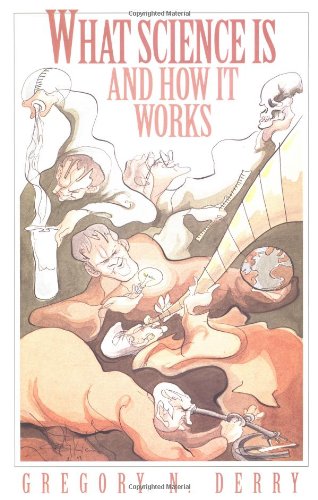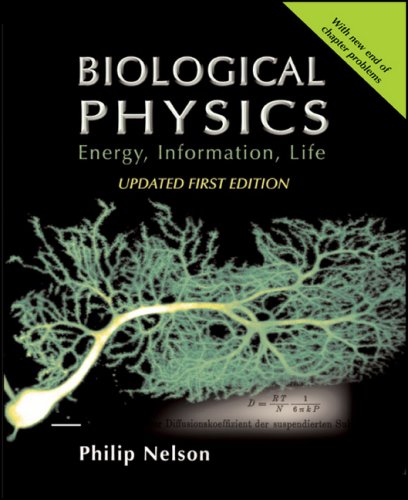Gregory N. Derry0691058776, 9780691058771, 9781400811380
An especially valuable feature of this book is the actual demonstration of scientific reasoning. Derry shows how scientists use a small number of powerful yet simple methods–symmetry, scaling, linearity, and feedback, for example–to construct realistic models that describe a number of diverse real-life problems, such as drug uptake in the body, the inner workings of atoms, and the laws of heredity.
Science involves a particular way of thinking about the world, and Derry shows the reader that a scientific viewpoint can benefit most personal philosophies and fields of study. With an eye to both the power and limits of science, he explores the relationships between science and topics such as religion, ethics, and philosophy. By tackling the subject of science from all angles, including the nuts and bolts of the trade as well as its place in the overall scheme of life, the book provides a perfect place to start thinking like a scientist.
Amazon.com Review “Science,” writes physicist Gregory Derry, “is the active and creative engagement of our minds with nature in an attempt to understand.” Not to understand anything in particular, mind you–just to understand, to gain a sense of our place in the world. Whether viewed as a body of knowledge, a collection of techniques, or a way of seeing, Derry adds, science is just plain interesting. It is also difficult to live in the modern world, which is so entangled economically and culturally in technology, without some grasp of science, technology’s sire.
All that said, Derry states his aim: to show his readers how to think scientifically. In this aim he is quite successful, as his narrative proceeds through case studies that draw on real-world situations to discuss the importance of precise measurement, replicable experimentation, clear research design, logical thought–and imagination. He is quite clear on what constitutes good science, and he profiles a few heroes (Kepler, Einstein, Helmholtz, Joule) to illustrate how that good science is conducted. He is just as clear on what constitutes bad science, which often results when money and politics enter the laboratory. The fundamental virtue required of a scientist is honesty, he remarks, and a scientist who is dishonest or unethical scarcely deserves the name.
Part textbook, part manifesto, Derry’s book offers both entertainment and food for thought for readers inclined to learn the ways of science. –Gregory McNamee







Reviews
There are no reviews yet.